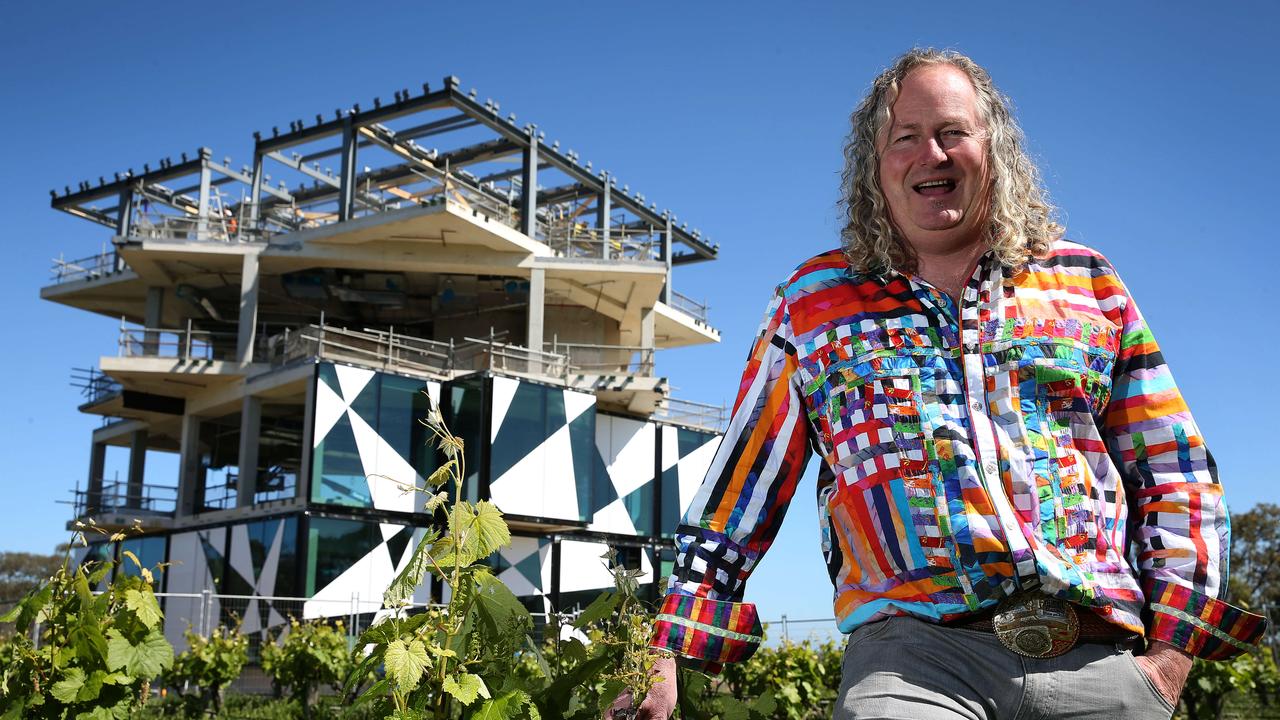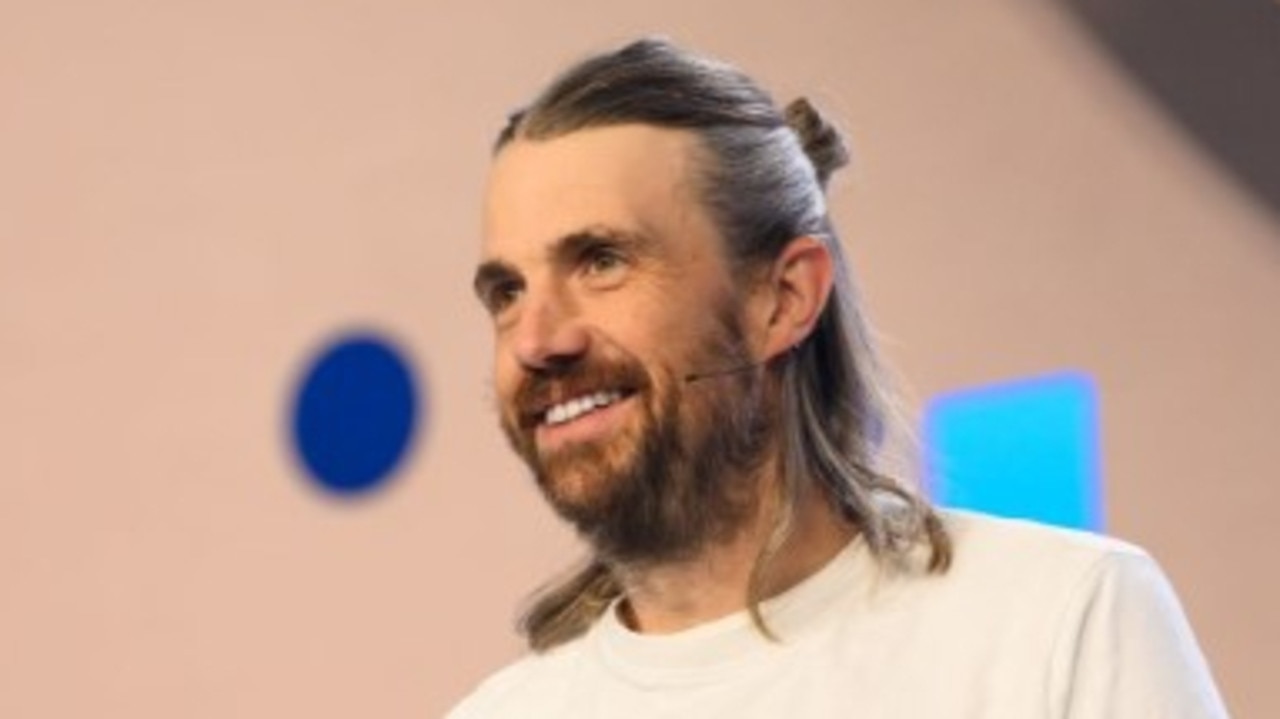Pharmaceutical and drug developers spared tariffs, for now
Australia’s global healthcare companies and its network of biotechnology companies will likely avoid the worst. Not so surgical gloves maker Ansell.
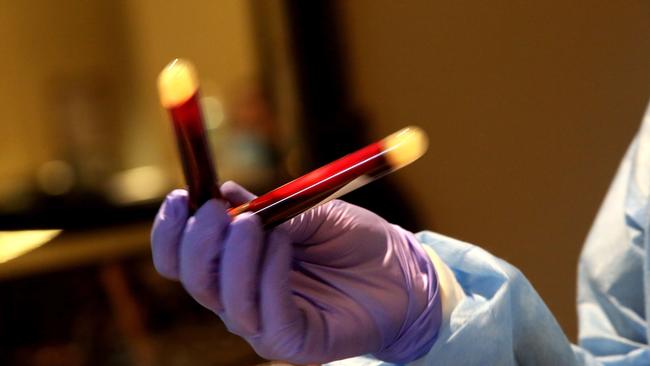
Business
Don't miss out on the headlines from Business. Followed categories will be added to My News.
Australia’s biggest healthcare companies, from global blood plasma giant CSL and surgical gloves supplier Ansell to sleep apnoea device manufacturer ResMed and the makers of the iconic Cochlear bionic ear implant were dragged into the damaging tariffs vortex on Thursday.
Despite pharmaceutical products being excluded – for the time being – from Donald Trump’s declaration of a 10 per cent tariff, the nation’s vanguard of global healthcare companies was unsure of the direct or indirect impact on their businesses and the cost of their life-saving devices or medical applications. There was some solace, however, in drug developers being spared.
Neuren Pharmaceuticals chief executive Jon Pilcher said he was relieved at the outcome for biotechs that had drugs being sold into the US market. “There is no impact on Neuren from the US tariffs announcement … In fact our understanding is that pharmaceuticals are specifically exempt from the new tariffs. In any case, Neuren’s revenue is a share of worldwide sales of Daybue for the treatment of Rett syndrome in adults from our US licensee, so we have no exposure to the cost base,” he said.
Mr Pilcher said it was a good result for the nation’s biotech sector.
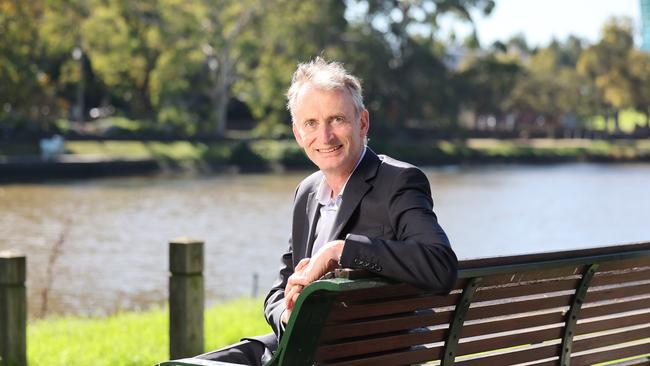
The Australian understands the Albanese government is investigating whether there will be a separate tariff or trade restriction for pharmaceuticals, given the concern raised by the Trump administration over the Pharmaceutical Benefits Scheme.
Within Australia’s strong network of biotechnology companies developing novel new drugs it was a relief that they were not directly targeted by tariffs and many expressed a sense of comfort that their work and investment could continue unmolested by tariff charges.
For others in the healthcare area, it was a different story. Shares in Ansell, a global manufacturer of surgical gloves, fell more than 15 per cent in its biggest fall since July 2023, with the company viewed by analysts as possibly the most impacted by the new global tariffs regime.
Ansell was benefiting from tariffs on Chinese gloves, which made competitor gloves more expensive, but 24 per cent tariffs now placed on Malaysian imports would affect the 46 per cent of its goods sold to North America and severely chip away at the Australian company’s profitability.
One of Australia’s largest publicly listed companies, blood plasma and drug developer CSL, noted that pharmaceuticals were excluded from the tariffs imposed by Mr Trump but said it was continuing to assess the broader impact of the tariffs and further announcements by the White House. “We look forward to working with the US administration to ensure American patients retain access to our lifesaving medicines,” the Melbourne-based company said.
Cochlear, inventor of the bionic ear implant, highlighted in its reaction the complexities in understanding the application of the new tariff. Analysts noted Cochlear had long imported its products under a chapter of the Harmonized Tariff Schedule of the US that provides for duty-free importation on a range of products into the US, including hearing implants.
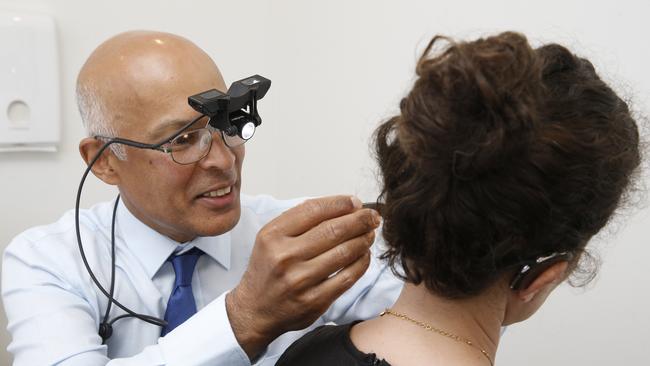
“We are expecting further detail in the US Customs and Border Protection Notice of Implementation, which is expected to be published in the next week. An update will be provided to the market in due course,” Cochlear said in a statement to the ASX.
The world’s highest selling sleep apnoea device-maker, ResMed, has some limited manufacturing in Malaysia and Singapore but is expected to have limited impact from the new tariffs regime. It is believed just over half of ResMed’s global sales come from manufacturing facilities based in the US and the company is viewed as well prepared with some supply chain flexibility to minimise any hit to its earnings.
Originally published as Pharmaceutical and drug developers spared tariffs, for now


